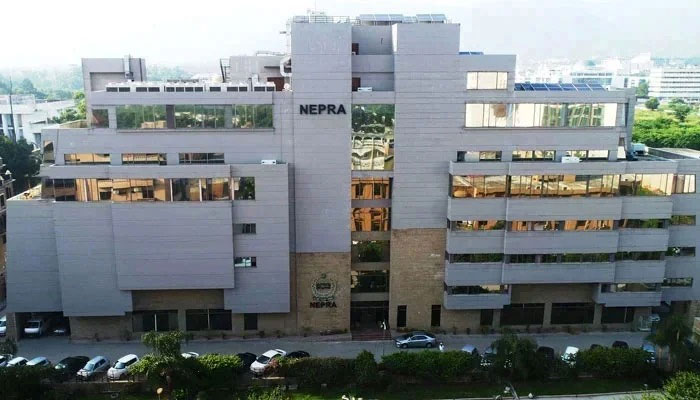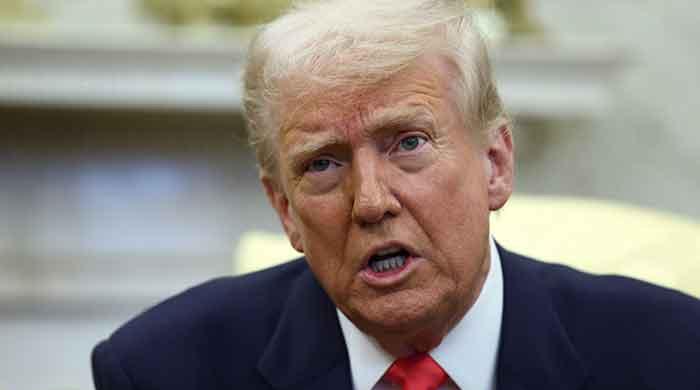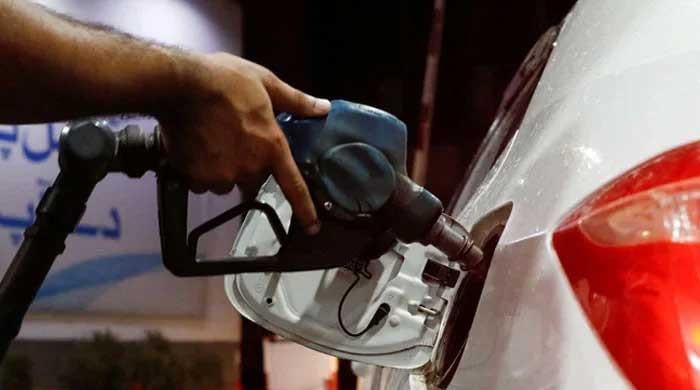Nepra cuts power tariffs for Discos, K-Electric under fuel cost adjustment
Adjustments will be reflected in February electricity bills, bringing some relief to inflation-stricken consumers
February 12, 2025

- Nepra directs Discos to follow court ruling on FCA implementation.
- Adjustment applies to most categories, except for lifeline, others.
- FCA revises electricity tariffs based on fuel cost fluctuations.
The National Electric Power Regulatory Authority (NEPRA) has announced a reduction in electricity tariffs for ex-Wapda distribution companies (DISCOs) and K-Electric (KE) consumers due to fuel charges adjustments (FCA).
For December 2024, Discos' tariffs have been lowered by Rs1.2283 per unit, while K-Electric consumers will see a Rs1.23 per unit reduction for November 2024.
These adjustments will be reflected in electricity bills for February 2025, bringing some relief to inflation-stricken consumers grappling with skyrocketing power tariffs.
Unaffordable tariffs have stirred social unrest and shuttered industries in the $350 billion economy, which has contracted twice in recent years as inflation hit record highs.
This FCA reduction applies to most categories, except for lifeline consumers, domestic consumers using up to 300 units, electric vehicle charging stations, prepaid customers, and agricultural connections.
Nepra also confirmed that the adjustment will be effective for domestic users with Time of Use (ToU) metres, regardless of their consumption levels.
The FCA revises electricity tariffs based on fuel cost fluctuations. Lower fuel prices reduce bills, while higher costs raise them. Nepra has also directed Discos to comply with court orders on the FCA implementation.
In recent years, Pakistan has been forced to increase its electricity tariffs under an International Monetary Fund (IMF) deal as part of efforts to reduce unsustainable public debt in the power and gas sectors.
According to the lender, liquidity conditions in the power sector were acute, with a buildup of arrears and frequent power outages.
The arrears — a form of public debt that builds up due to subsidies and unpaid bills — were a major issue in the negotiations between the IMF and Islamabad before a deal was reached.
Meanwhile, raising hopes for more relief to consumers, Prime Minister Shehbaz Sharif on Wednesday said the IMF had conveyed that it would not oppose a reduction in electricity prices.
“The global lender's chief has assured that Pakistan's plan for lowering power tariffs will be given due consideration,” the premier said while sharing details of his recent visit to Dubai with a federal cabinet meeting.
PM Shehbaz on Tuesday met IMF Managing Director Kristalina Georgieva on the sidelines of the World Government Summit (WGS) 2025 in Dubai, as the first review of a $7-billion bailout, scheduled for early March, looms.











